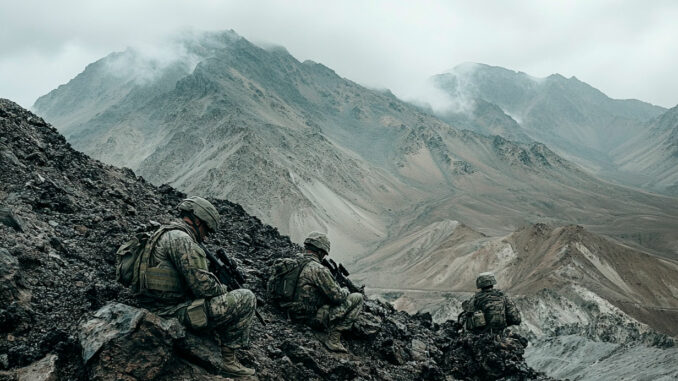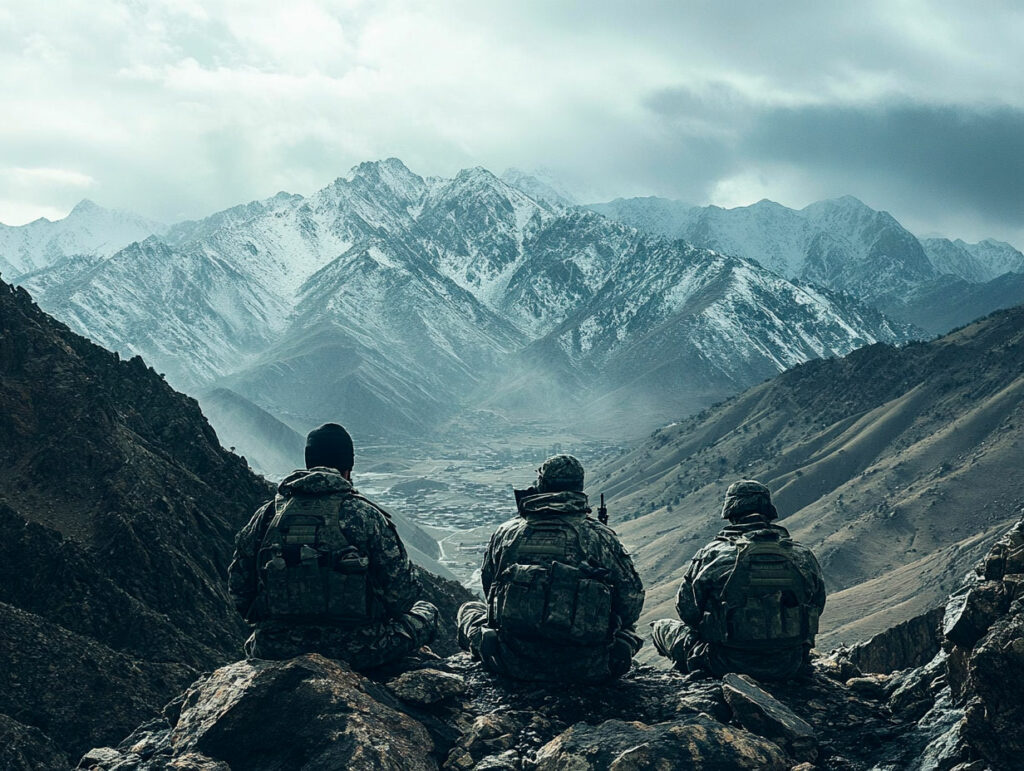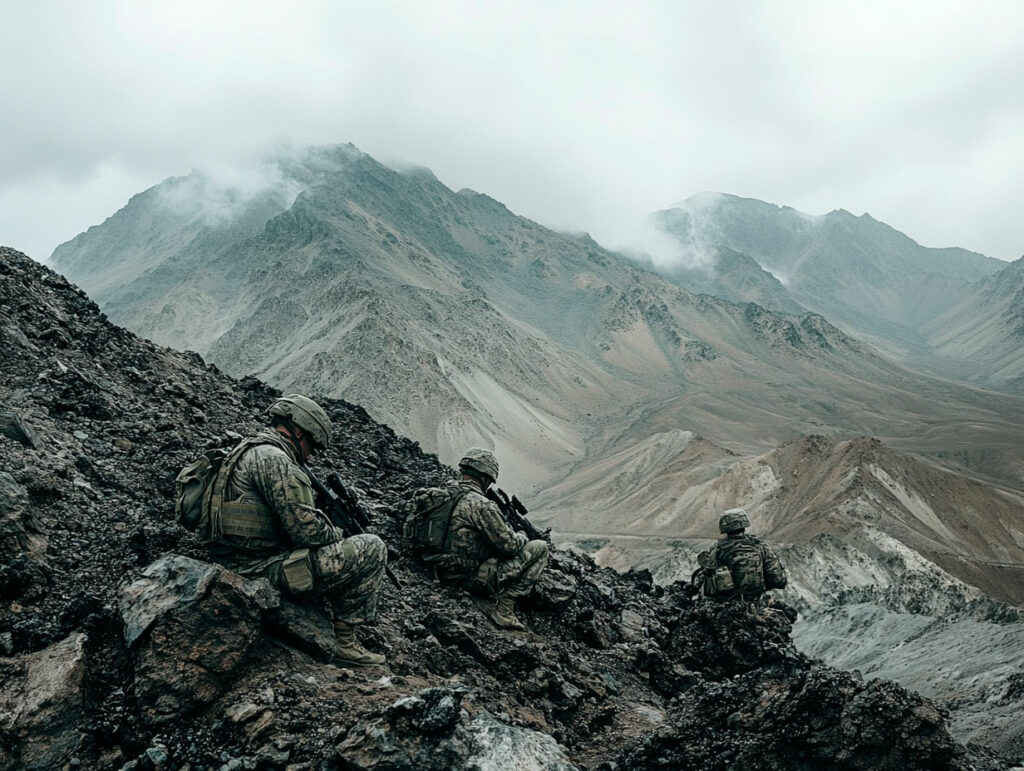
Public inquiry reveals allegations of UK Special Forces’ extrajudicial killings in Afghanistan and examines systemic issues in military oversight.
A public inquiry into UK Special Forces’ actions in Afghanistan between 2010 and 2013 has brought serious allegations of extrajudicial killings and misconduct to light. Testimonies suggest these units operated under a “golden pass” system that shielded them from accountability, alongside a “code of silence” that discouraged whistleblowers. Key evidence indicates the adoption of aggressive tactics, questionable detentions, and potentially unlawful killings.
Systemic issues in operational oversight
The inquiry has raised significant questions about the operational oversight of UK Special Forces during their deployments in Afghanistan. According to testimonies, these elite units operated with minimal political and legal scrutiny, often reporting only to the Minister of Defence and the prime minister.
Testimonies have revealed that soldiers were allegedly encouraged to adopt an informal policy of targeting “fighting-aged males”, regardless of evidence of insurgent activity. Additionally, some units purportedly planted weapons, known as “Mr Wolf,” next to corpses to create the appearance of legitimate engagements.
This operational independence, while designed to maintain flexibility, has led to concerns about accountability. Without robust mechanisms for oversight, incidents such as “flat-packing” — a term used to describe the killing of suspects during operations — went largely unchallenged.
The secrecy surrounding the operations of the Special Air Service (SAS) and Special Boat Service (SBS) has long been a cornerstone of their effectiveness. However, the testimonies underscore how this secrecy may have allowed systemic issues to persist unchecked.

Allegations of misconduct during night raids
The inquiry has focused on night raids conducted by UK Special Forces. Between 2010 and 2013, these raids targeted Taliban members but often resulted in civilian casualties. One soldier testified that frustrations with detention processes may have led some units to take “the law into their own hands” by executing detainees instead of releasing them.
The inquiry has reviewed hundreds of pages of testimony detailing aggressive tactics and questionable practices. In one instance, soldiers reportedly adopted a policy of killing all males deemed combatants, a broad classification that risked including civilians.
Anonymized testimonies from soldiers describe how whistleblowers faced significant pushback, including threats to their personal safety. This “code of silence” effectively discouraged reporting of misconduct, leaving soldiers hesitant to question or expose potentially illegal actions.
Implications for military accountability
The allegations have significant implications for UK military accountability. The inquiry highlights gaps in the chain of command, where actions on the ground received limited scrutiny from civilian leadership. Such issues point to the need for more robust mechanisms to ensure compliance with international laws and regulations.
In addition, the inquiry sheds light on the human cost of these operations. Night raids not only risked civilian casualties but also deepened mistrust between local Afghan communities and international forces. This erosion of trust undermined broader military and political objectives in Afghanistan.
The testimonies suggest that without systemic changes, similar issues could recur in future conflicts. Experts recommend increased transparency, enhanced training on Rules of Engagement (RoE), and the establishment of independent oversight mechanisms.

Broader consequences for UK foreign policy
The inquiry has sparked debates about the long-term consequences of such operations on the UK’s international reputation. Allegations of war crimes have the potential to harm diplomatic relations and diminish the moral authority of the UK in promoting human rights globally.
Moreover, these revelations may impact ongoing partnerships between the UK military and allied nations. Cooperation often hinges on shared values and adherence to international norms. A failure to address these issues adequately could weaken these alliances.
Conclusions from the inquiry
As the inquiry progresses, its findings are likely to shape future military policies and practices. Addressing the issues of oversight, transparency, and accountability will be crucial in rebuilding trust in the UK’s military institutions.
These revelations serve as a stark reminder of the balance required between operational effectiveness and adherence to ethical standards. The broader implications for international law and military conduct make this inquiry a critical moment for reflection and reform.
War Wings Daily is an independant magazine.